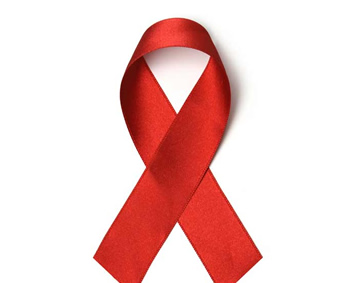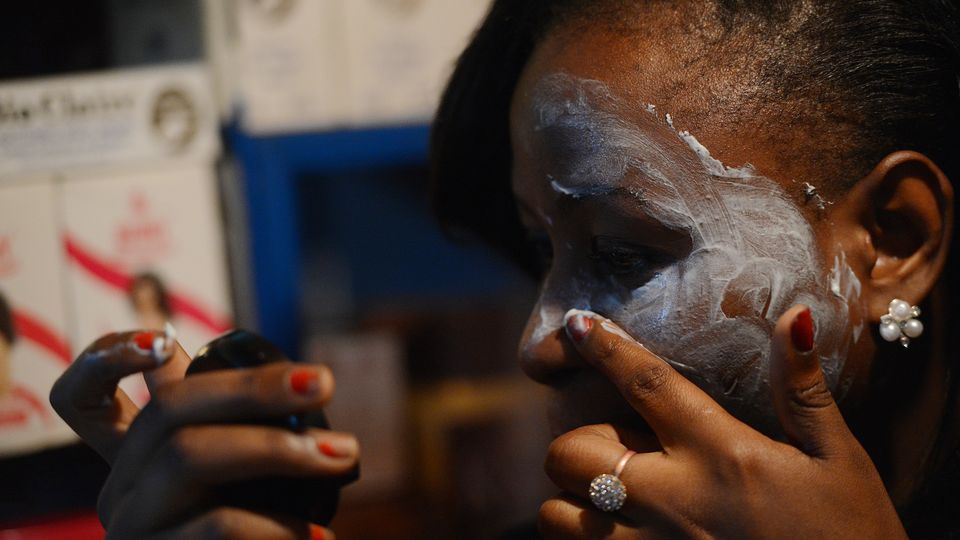

 ‘Monkey Pox’, also known as Mpox is rare, however a serious viral disease attracting global concern and attention.
‘Monkey Pox’, also known as Mpox is rare, however a serious viral disease attracting global concern and attention.
This is due to its outbreak and fast spread in both endemic and non-endemic regions.
Ghana is experiencing the resurgence of the disease, prompting public health alerts and preventive guidelines.
As the nation records new cases, stigma and discrimination of infected people have severe consequences, and if not tackled head-on, that can lead to the rapid spread of infections.
Mpox stigma
In fact, stigmatization has grave consequences on the spread of infectious diseases as that can lead to delayed diagnosis and medication and thereby exacerbate its spread.
Everybody risks being infected with Mpox, regardless of social class or identity.
It is therefore essential to work together towards addressing the growing stigma and discrimination associated with Mpox and other infectious diseases.
Consequences
Dr Prince Quarshie, the Deputy Director, Bono Regional Directorate of Health, said tackline stigma and discrimination remained essential in stemming the spread of Mpox.
He was addressing the Bono Regional Public Health Emergency Management Committee meeting on Mpox in Sunyani which sought to brief stakeholders on the state of the Mpox outbreak in the country.
Besides delayed diagnosis and medication, Dr Quarshie said stigma could lead to mental health complications and community mistrust.
It is therefore essential to respect the fundamental human rights and dignity of Mpox affected persons.
He said: “we need to emphasize facts about Mpox transmission, symptoms and treatment and ensure that public health messages are all-inclusive in working towards addressing Mpox stigma”.
Scenario
A stakeholder shared a heartbreaking story of a child who was diagnosed with Mpox and went through social exclusion.
However, the family sought medication after experts’ advice and with the use of Personal Protective Equipment (PPE) and other proactive measures including frequent disinfection, the family was able to manage the infection without spreading it to others.
Tackling stigma
Stigma can cause significant emotional distress, anxiety, and depression for Mpox affected persons, and the fear of public judgement rejection can lead to emotional shame, guilt, and isolation.
Dr Quashie called for a collective approach in addressing Mpox related stigmas, urging the need to promote inclusivity, respect and understanding.
He said more ought to be done to address misconceptions and myths too, saying “by promoting inclusivity and respect, we build trust and foster collaboration”.
Dr Prince Quarshie, the Deputy Director, Bono Regional Directorate of Health, said tackling stigma and discrimination remained essential in stemming the spread of Mpox.
He was addressing the Bono Regional Public Health Emergency Management Committee meeting on Mpox in Sunyani which sought to brief stakeholders on the state of the Mpox outbreak in the country.
Transmission and symptoms
Mpox, Dr Quarshie explained, was primarily transmitted through close physical contact with an infected person.
Symptoms include rash or lesions, fever, swollen lymph nodes, muscle aches, and fatigue. He stated urging the public experiencing any of those signs to report to the nearest health facilities for medical examination.
Prevention and protection
Dr Quarshie said it was crucial to reduce close contacts with others to protect oneself from infections.
He said practicing good hygiene by frequent hand washing with soap under running water as well as the use of alcohol-based sanitizers were also proactive measures to avoid infections.
By Regina Benneh
Source: GNA
The post Tackling stigma and discrimination, essential to managing Mpox spread appeared first on Ghana Business News.
Read Full Story
























Facebook
Twitter
Pinterest
Instagram
Google+
YouTube
LinkedIn
RSS